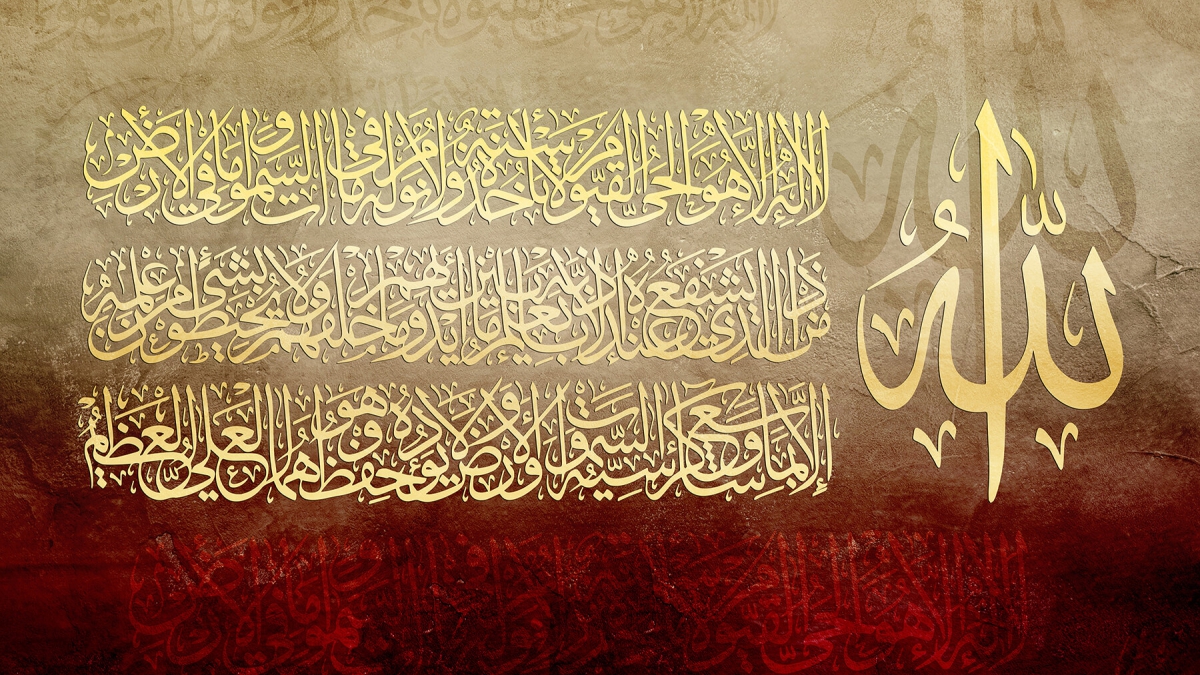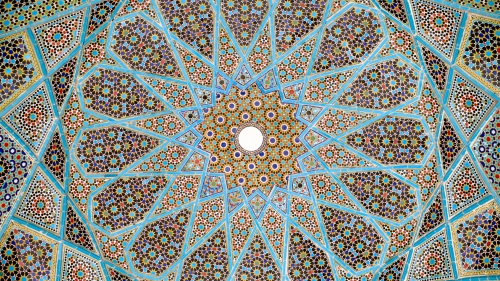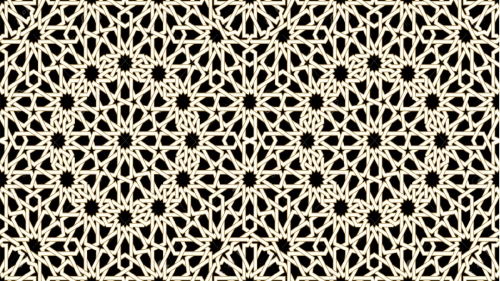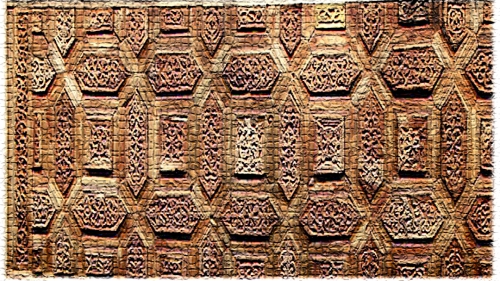What is the Greatest Verse of the Qur'an?
 {file:content.php} {function:blp_getCustomField} {postID:82503} {customField:theClapCount} {default:0}not-in-use-in-plain-child
{file:content.php} {function:blp_getCustomField} {postID:82503} {customField:theClapCount} {default:0}not-in-use-in-plain-child


Ubayy b. Ka'b said: Allah's Messenger ﷺ said: O Abu' al-Mundhir, do you know which verse from the Book of Allah is the greatest? I said: Allah and His Apostle ﷺ know best.
He again said: Abu'l-Mundhir, which verse from the Book of Allah do you think is the greatest? I said: Allah, there is no god but He, the Living, the Eternal. (2:255)
He struck me on my breast and said: "May this knowledge be a blessing to you, 0 Abu Mundhir!”
Sahih Muslim 810 (Book 6, Hadith 313) #9038
Reflections on Hadith:
In this Hadith, Prophet Muhammad ﷺ is reported to have said: "The verse of the Throne (Ayat al-Kursi) is the greatest verse in the Book of Allah."
Many different chapters and verses of the Quran have been mentioned in Hadith literature as possessing blessings of one sort or another. Some of these blessings include protection from evil, the forgiveness of sins, and increased blessings in this life and the next.
That the blessings of some verses are greater than those of others is true only in consideration of the different aspects of each verse or chapter and how it is understood and adopted in one's life. For example, Ayat al-Kursi is considered the greatest verse in the Quran because it contains several powerful statements about Allah's power and majesty. However, other verses of the Quran may be more important for other reasons, such as their guidance on how to live a good life.
Ultimately, every verse of the Quran is equal in terms of its status as the word of Allah. However, the different aspects of each verse and chapter mean that some verses may be more important than others in certain situations. 1
Reflections on Ayat al-Kursi (Verse of the Throne)
This verse is generally known as the ‘Verse of the Throne.’ It provides a knowledge of God without parallel in one piece. The Arabic term ‘kursi’ signifies sovereignty, dominion, and authority.
In order to understand this verse more comprehensively, one needs to review the discourse from 2:243 to 2:255. In this discourse, the believers are urged to strive with their lives and belongings to establish the true faith and were warned to get rid of the weaknesses which had characterized the conduct of the elders of the Children of Israel after Moses pbuh.
A fundamental fact about fighting for justice – success does not depend upon superiority in either numbers or weapons – was then indicated. They depend rather on faith, fortitude, discipline, and firm resolution. After that, the Divine wisdom underlying fighting was disclosed, namely that God removes one set of people by means of another to maintain the good in the world. For were one group’s dominance to be assured in perpetuity, the lives of all other human beings would be compromised.
This was followed by clarifying a misunderstanding that often arises in some people's minds. This misunderstanding arose from the false assumption that God had sent His Prophets so that all diversity and disagreement might come to an end.
However, the people who accepted this premise saw considerable diversity and disagreement and knew that falsehood existed alongside Truth. They were agitated by the thought that this state of affairs might suggest helplessness on God’s part, that He had failed to stamp out the evils He wanted to.
In reply to this, it was pointed out that it was not God’s will to compel all human beings to follow the same way. Had it been so, humanity could not have deviated from the course set for him by God.
Finally, the point is made that no matter how many divergent beliefs, viewpoints, ways of life, and conduct exist in actual life, the reality underlying the order of the universe is the one stated in 2:255, and it remains unaffected by the misconceptions of people. On the other hand, however, it is not God’s purpose to compel people to accept it. Whoever accepts it will find it to his benefit; whoever rejects it will be at a loss. 2
References:
1: A Sufi Study of Hadith, by Maulana Ashraf Ali Thanawi and translated by Shaykh Yusuf Talal Delorenzo
2: Towards Understanding the Qur'an (Tafhim al-Qur'an) by Sayyid Abul Ala Mawdudi
Topics: Ayat Al Kursi (Throne Verse), Hadith, Quran, Ramadan Channel: Ramadan - Day 16
Views:8123
Related Suggestions
In accordance with Title 17 U.S.C. Section 107, and such (and all) material on this site is distributed without profit to those who have expressed a prior interest in receiving the included information for research and educational purposes.


























